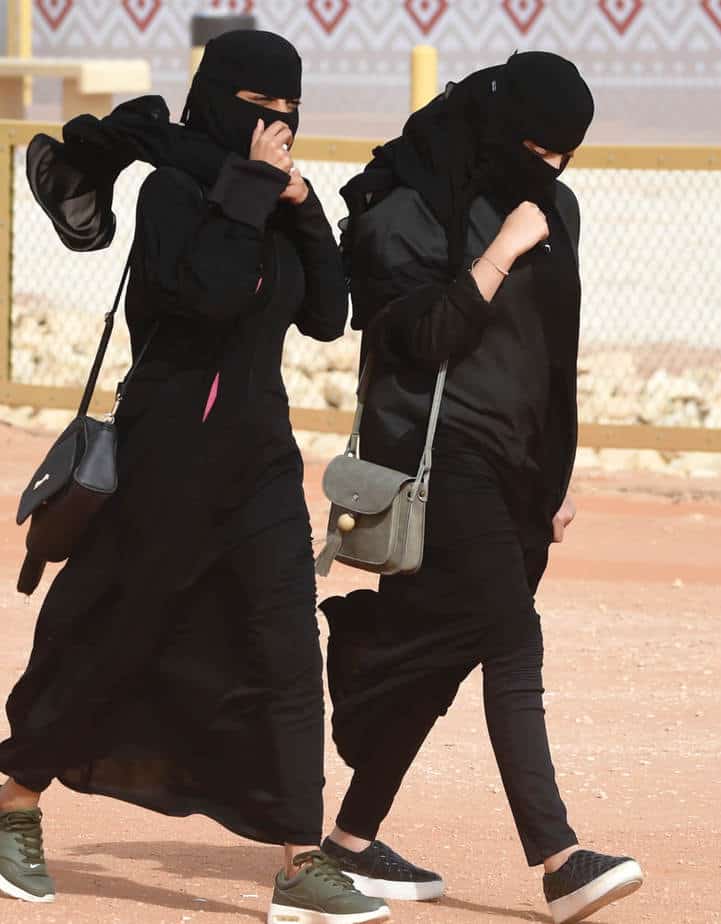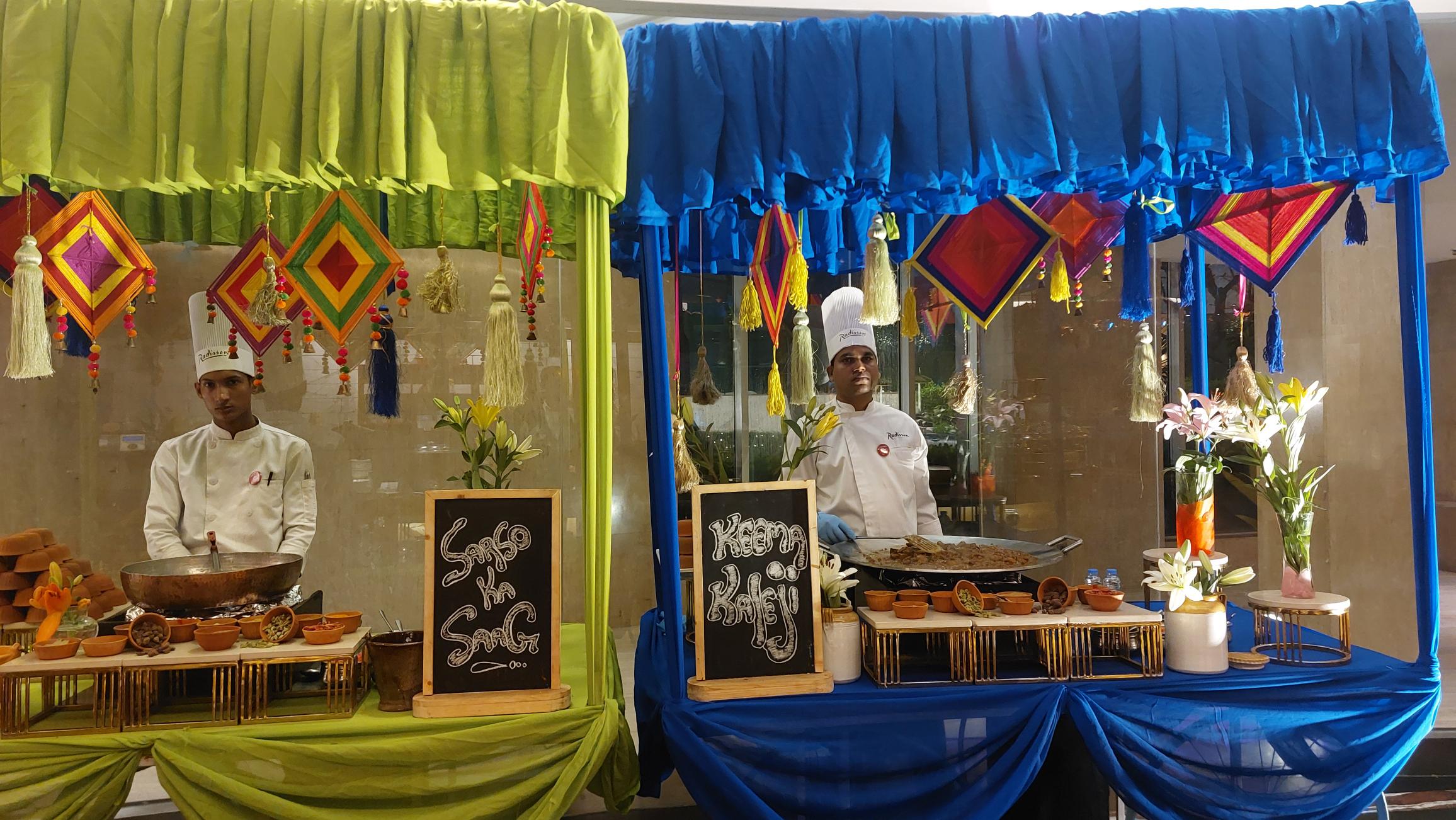They still crave for the rights that women in other countries have, but Prince Mohammed bin Salman deserves credit for easing restrictions
Rohit Dhyani
Crown Prince of Saudi Arabia Mohammed bin Salman, 32, has said that it is for women to decide whether to wear abaya or not. His statement on women’s rights in Saudi Arabia points towards a major change.
There have been many restrictions on women in Saudi Arabia, considered to be a very conservative state. Strict rules apply to their dress and behaviour. But recently many concessions have been given. In an interview with American television channel CBS, the crown prince said that women should be able to decide what they want to wear.
On CBS’ ‘60 Minutes’ show, the crown prince said, “The law is very clear and it is written in Sharia that women should wear gentle and respectful clothes, like men. It is not said anywhere in Kalab that abaya (garment from head to toe) or black mask should be worn.”
Women in Saudi Arabia cannot live without a man at home. If there are no men in the house then a guard must be there. It is important to have a family member as escort to go out, whether to a doctor or a shop.
Austria is the most recent country to ban the wearing of burqa in public places. Apart from the burqa, many other restrictions on Muslim women are often the subject of discussion.
Although Prince Mohammed’s statement promises to further promote women’s rights in Saudi Arabia, the insistence on “respectful clothes” shows that Saudi women still will not have the complete freedom to wear whatever they like.
There is no written law to implement Sharia law in Saudi Arabia. But the judiciary and the police have enforced strict rules regarding dress. According to them, it is important for women to wear abaya and cover her face and hair in public places.
Prince Mohammad has made many major changes. Women have been allowed to sit with men to watch matches at the stadium, and movies in cinema halls. But even now, Saudi women are deprived of many basic rights, especially the right to take important decisions related to themselves — only a man can take these, whether husband, father or brother.

It is not considered good for a woman and a man who are not blood relations to be associated with each other. According to the Daily Telegraph, entrance doors for women and men are also different in social places. There are also different arrangements for women and men in parks, beaches and traffic. If they are found in the ‘wrong’ place without permission, they may have to pay a heavy fine.
The Saudi government wants women to work. Many Saudi women are employed in traffic control and emergency call centres. In companies, women at higher positions are treated as equal, and there are no special facilities for them in the office.
Women in Saudi Arabia can testify in court, but in some cases, their testimony is considered to be less than half as credible as that of men. For the first time in Saudi Arabia, a woman lawyer was licensed to practice in 2013.
It is difficult for people in Saudi Arabia to accept that women can also participate in sports. When Saudi Arabia sent women athletes to London for the first time in 2012, fundamentalist politicians called them “sex workers”. The country sent only four women players to the Rio Olympics.
There is no formal restriction that prevents women from buying or renting property in Saudi Arabia, but human rights groups say that it is very difficult for women to do this without a male relative.
The writer is a senior journalist who has reported from across the world. He lives in New Delhi, India.
This article has been re-published with the permission of Newslaundry. Read the original article on www.newslaundry.com





